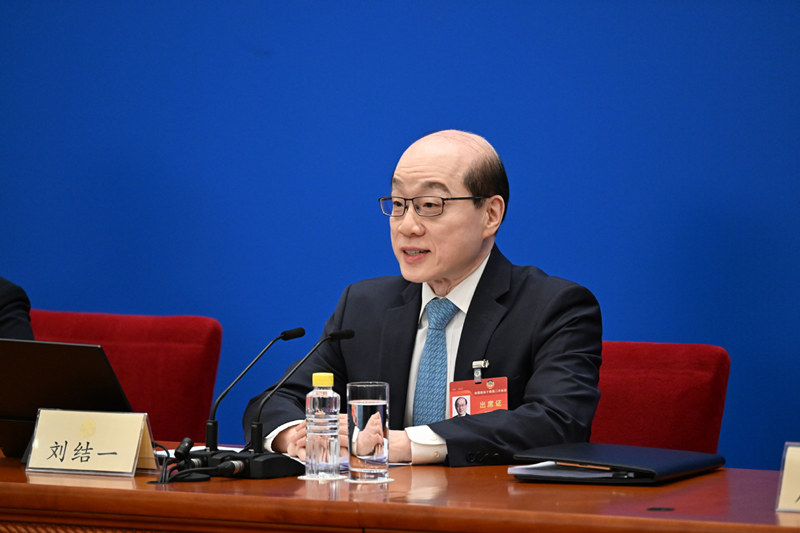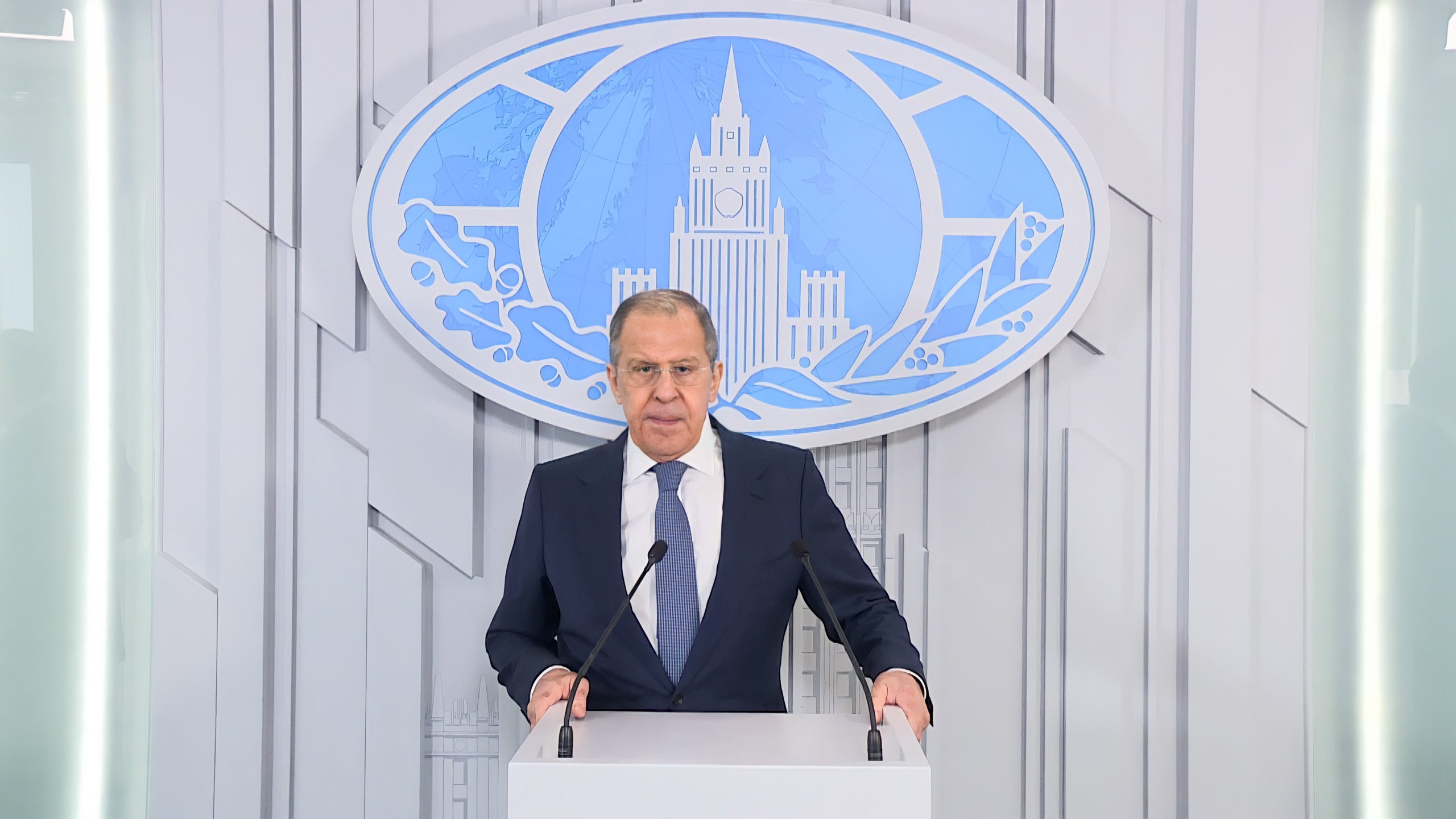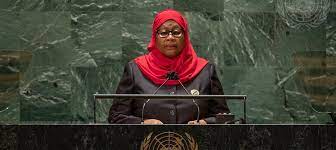
SADC PF Secretary General Ms. Boemo Sekgoma
The Pan Afrikanist Watchman
The SADC Parliamentary Forum (SADCPF) continued its consultations with stakeholders this week by engaging Magistrates from southern Africa to buy into the SADC Gender Based Violence Model Law.
In her address to the workshop in Friday September 24th 2021, SADCPF Secretary General Ms. Boemo Sekgoma said that stakeholder consultation is a fundamental aspect of every Model Law which heightens its acceptability at national level.

“It has been observed that inclusive Model Laws that have been the object of wide consultations are swiftly domesticated”, Sekgoma said.
Here is what the SG had to say:
(1) Why is it important to engage Magistrates?
Your attendance today demonstrates that there is a vivid interest to deal with GBV at the judicial level in the Magistrates’ Courts across all the SADC region.
In this respect, the Forum has been holding a series of consultations on the SADC GBV Model Law which is in process of development and discussions were held with SADC Chief Justices, judicial officers, police representatives, SADC Line Ministries, SADC lawyers and jurists, to cite a few.
Therefore, it would have been remiss not to consult Magistrates of the SADC region who are at the forefront of trials related to GBV offences.
Without doubt, this consultation today will assist the Forum and its partners in understanding further the intricacies that come with GBV enforcement and sentencing of GBV offences
under the auspices of the Magistrate’s Court.
Since most GBV related offences would fall within the province of the Magistrate’s Court, Magistrates are indeed in the right place to comment on the GBV Model Law from the enforcement standpoint.
(2) Why should we be concerned about GBV?
Distinguished Magistrates and participants,
You will be aware that the SADC Parliamentary
Forum is the only inter-parliamentary organisation
within the SADC institutional family. The Forum
therefore covers a territory of over 250 Million
inhabitants, and touches the lives of individuals in
countries which are of low income to upper middle
income.
The Forum has quickly come to the realisation that GBV is a social phenomenon that transcends all walks of life. GBV affects the lives of the wealthy and fortunate, as well as the downtrodden and those who are struck by poverty.
GBV affects people of all ages, irrespective of the
colour of the skin or of one’s political inclination. It
is no secret that GBV can potentially occur in the
household or at work alike.
In addition, the GBV scenery is an ever-changing one, with GBV taking forms and facets that become more creative day by day. For instance, cyber-stalking or cyber-bullying are now increasingly becoming a form of GBV when this was unheard of a few years ago.
In addition, violence in the form of imposition of
economic hardship has also become increasingly
common. You will certainly appreciate that GBV laws are inadequate in most SADC Member States and that in most cases GBV is likely to go unpunished, if not completely unnoticed.
GBV is now all pervasive and is insidiously creeping into the lives of the SADC citizenry. Today, as we speak, there are certain anti-GBV policies in place and certain GBV laws that operate, however they fail to be fit for purpose.
The SADC Model on GBV is thus designed to remodel legislative thinking and to provide useful benchmarks for the guidance of the legislator.
(3) The mandate of the SADC-PF
In this vein, I wish to add that the SADC Model Law on GBV is a natural outcome that emanates from the Strategic Plan (2019-2023) of the Forum. In the Strategic Plan, it is inferred that the Forum needs to advance a culture of human rights, including the right to physical integrity and health, and that in so doing, Model Laws that are prepared will have to be not only human rights compliant, but also justiciable and enforceable.
Without the potential justiciability of a law, Courts of justice will not be able to apply legal provisions to stop or punish GBV. Therefore, the Strategic Plan of the Forum has pre-empted that issues such as GBV that intersperse with human
rights have to be justiciable and enforceable in the
appropriate courts and tribunals, including the
Magistrates Court at national level.
(4) The regional dimension of GBV
Since we are speaking here on a regional platform, I would like to say a few words on how the regional initiative of the SADC Model Law on GBV fits within the broader SADC Regional Strategy and Framework of Action for Addressing GBV (2018 -2030).
As you may be aware, the Regional Strategy calls for legislative provisions outlawing negative traditional, social, economic and political practices which promote all forms of GBV.
Such an approach is in line with the SADC Protocol on Gender and Development,
Sustainable Development Goal 5 on gender equality, the Beijing Declaration, as well as Aspiration 6 of Africa Agenda 2063 on women and youth empowerment grounded in a people-driven
environment.
By coming up with the GBV Model Law, the Forum is thus bringing international best practices at the doorstep of SADC Member States.
(5) Is soft law important for Magistrates?
The august work carried out by Magistrates involve adjudicating on GBV related offences, and in addition making orders such as protection orders or occupancy orders that fall within the province of civil law.
In this regard, it is often the case that the Court
relies on soft law for persuasiveness, in particular
international and regional instruments from which
the SADC Model Law has been inspired upon.
Furthermore, soft law can act as a propeller for hard law, in other words binding law, to be enacted by Parliaments. Besides, it is important for Magistrates and the judiciary to be knowledgeable in the regional paradigm in view of identifying where the gaps in the law are, for the legislator to promptly act upon.
(6) Why is stakeholder consultation with Magistrates important?
Distinguished Magistrates and participants,
Stakeholder consultation is a fundamental aspect of every Model Law which heightens its acceptability at national level. It has been observed that inclusive Model Laws that have been the object of wide consultations are swiftly domesticated.
In other words, there is a linear relationship between the intensity of consultations made and the acceptability and incorporation of Model Laws.
Thus, the Forum engages in this consultation today with distinguished Magistrates of the SADC region with the confidence that the provisions of the Model Law with regards to enforcement will be further polished in view of its finalisation.
You are thus invited to engage actively with the legal drafter and facilitator and to give written submissions in the aftermath of the workshop, should you deem it necessary.
The Stakeholder Consultations for the GBV Model Law – Magistrates was graced by among other prominent jurists, Justice Shanaaz Christine Mia, Judge of the High Court, South Africa; Justice Prof. Oagile Key Dingake as well Ms Marco Teixeira, the Officer in Charge for UNODC
Southern Africa and Linda Naidoo, National Project Officer for Gender Based Violence, United Nations Office on Drugs and Crime (UNODC) Regional Office for Southern Africa.









